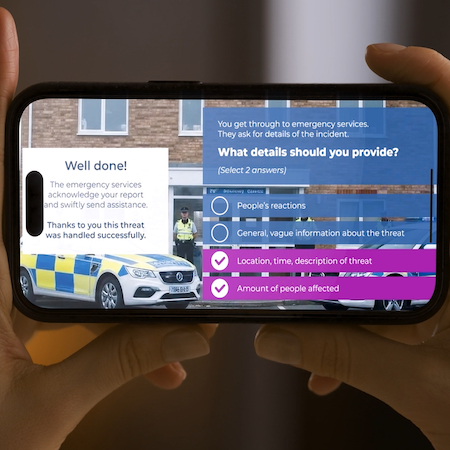What is believed to be the largest trial of artificial intelligence (AI) of its kind globally in healthcare has demonstrated monthly time savings of potentially 400,000 hours for NHS staff.
The trial of Microsoft 365 Copilot involved more than 30,000 NHS workers across 90 NHS organisations and found that AI-powered administrative support could save NHS staff on average 43 minutes per staff member per day or more – that’s five weeks of time per person annually. A full roll-out could save millions of hours every year, enabling staff to focus more effectively on frontline care.
Better use of technology and AI is a significant part of the current productivity drive across the NHS and the Government’s commitment to a big switch from analogue to digital, creating a more efficient health service whilst also cutting waste and duplication.
Health Innovation Minister, Dr Zubir Ahmed, says: “As an NHS surgeon and clinician, I know how frustrating it can be to be held up by archaic technology that makes day-to-day tasks painstakingly long.
“This partnership with Microsoft will help free up staff from spending time on admin so they can focus on what they want to be doing – treating patients.”
Potential to drive productivity
Currently, over one million online Teams meetings take place across the NHS each month. With Microsoft 365 Copilot, 83,333 hours in note-taking time could be saved every month. Another 13,200 hours per month could be saved.
The AI personal assistant could also save the health service 271,000 hours a month by summarising complex and long email chains for clinicians and staff. More than 10.3 million emails are sent in the NHS each month.
Microsoft Copilot Chat is now available across the whole of the NHS, at no additional cost for the health service. Microsoft AI is deployed directly into the office software that staff use daily, such as Microsoft Teams, Outlook, Word, Excel and PowerPoint, enabling the user to use questions or prompts to get help with tasks and workflows, helping colleagues to collaborate and manage tasks more effectively and quickly.
Wider potential of AI for E&F
A dedicated session at HEFMA’s 2025 National Leadership Forum looked specifically at the potential of AI for Estates & Facilities services, such as reducing the time taken in searching through Trust information, reviewing policy and other documents, and ensuring compliance.
This also featured on the programme at Healthcare Estates this week (October 21-22) in Manchester, with Carl-Magnus von Behr, co-founder of INNEX.AI (now renamed Complimind), and Schneider Electric’s David Evans both discussing its potential, as well as some of the dangers that users need to be aware of. For instance, generative AI is trained to provide reasonable answers to questions but can’t be trusted to provide accurate answers and might not understand the language, particularly jargon and acronyms of which the NHS has more than its fair share. More context is essential and human oversight is still necessary.
The real step-change will come when generative AI links with agentic AI so that data is being analysed by dedicated ‘agents’ for different responsibilities before it is even requested, all working from a unified data platform. This combination has the potential to unlock the data that exists within the hospital, make it accessible and usable and move to a position where AI becomes predictive, issuing prompts when something needs attention.
The pace of change is astonishing, and this might not be too far away.











